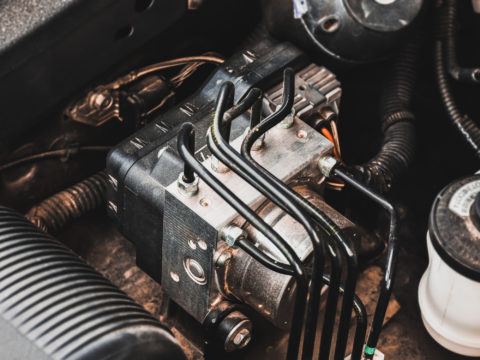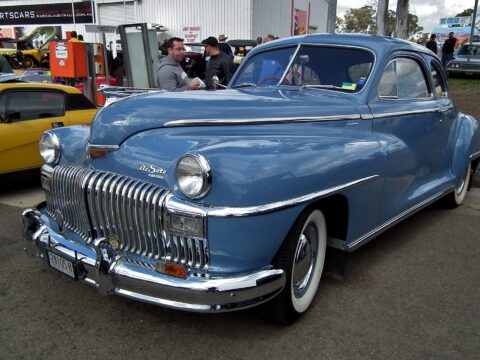Buying a used motorcycle can be an exciting yet daunting experience. With so many great deals out there, it’s easy to get caught up in the thrill of the hunt. However, it’s crucial to stay vigilant and informed to avoid falling victim to scams. Here are 15 common scams to watch out for when purchasing a used motorcycle, helping you make a safe and smart investment.
Contents
Odometer Fraud

Odometer fraud involves tampering with the motorcycle’s mileage to make it appear less used than it actually is. This scam can lead buyers to overpay for a bike that has more wear and tear than disclosed, potentially leading to unexpected maintenance costs. Always check service records and look for inconsistencies in the bike’s wear and mileage.
Stolen Motorcycles
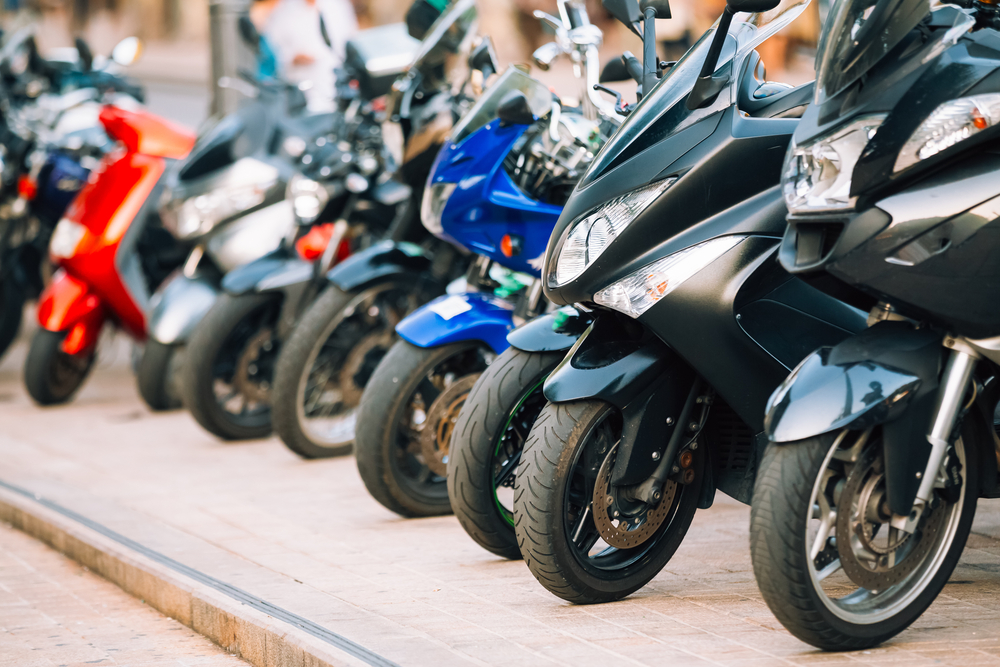
Purchasing a stolen motorcycle can result in legal issues and the loss of the bike if recovered by authorities. Scammers often alter the Vehicle Identification Number (VIN) to disguise a stolen bike. Ensure the VIN on the bike matches the title and check it against databases of stolen vehicles.
Title Washing

Title washing is the process of removing a vehicle’s salvage history by transferring it through multiple states with lax title branding laws. This scam hides the fact that the motorcycle has been significantly damaged in the past. Always run a thorough title check using a reputable service to verify the bike’s history.
Online Payment Scams

In online payment scams, fraudsters may request payment through unsecured or unconventional methods, such as wire transfers or gift cards, which are hard to trace and recover. Always use secure and verified payment methods and avoid transactions that seem suspicious.
Fake Escrow Services
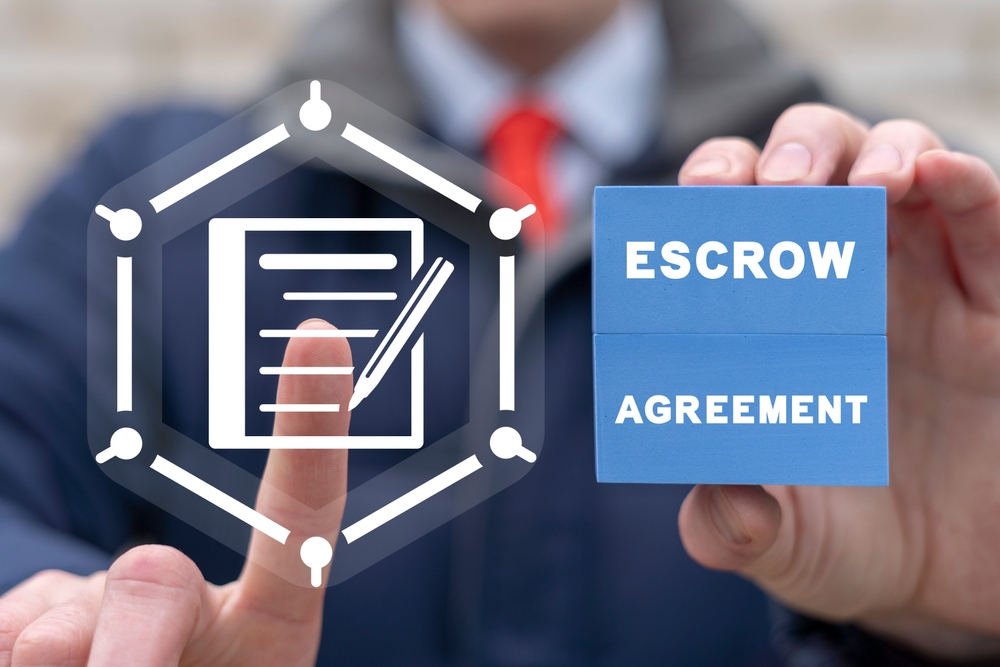
Scammers might suggest using a fake escrow service to hold the buyer’s payment until the motorcycle is delivered. These fake services take the money and disappear. Always verify the legitimacy of any escrow service before using it and consider using well-known services.
Overpayment Scams
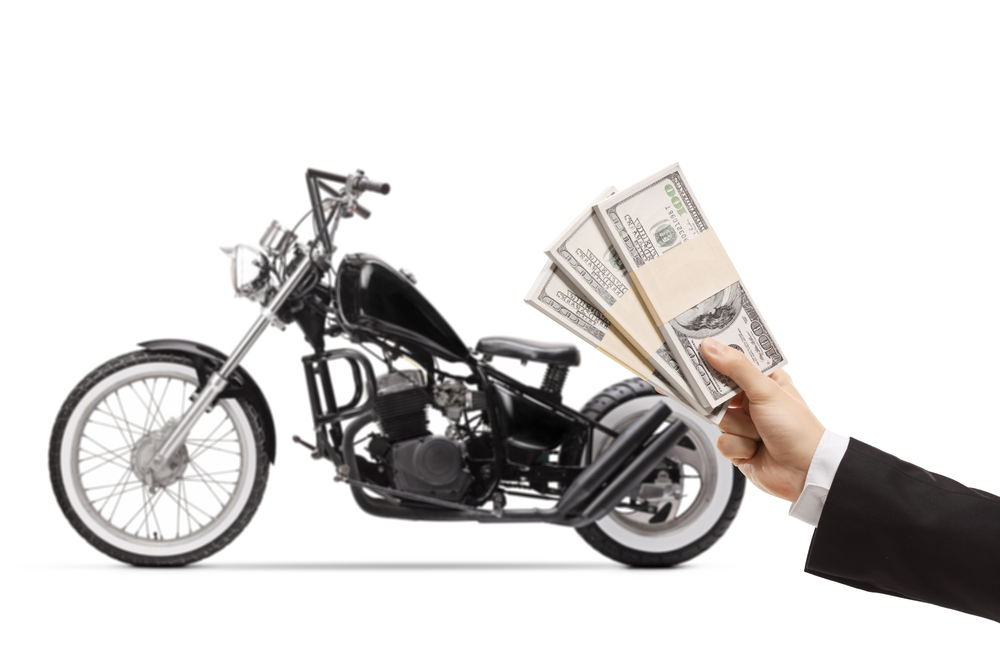
In overpayment scams, a buyer sends a check for more than the asking price and asks the seller to wire back the difference. The check then bounces, leaving the seller out of both the motorcycle and the refunded money. Be wary of overpayments and ensure all checks clear before making any refunds.
Non-Existent Bikes
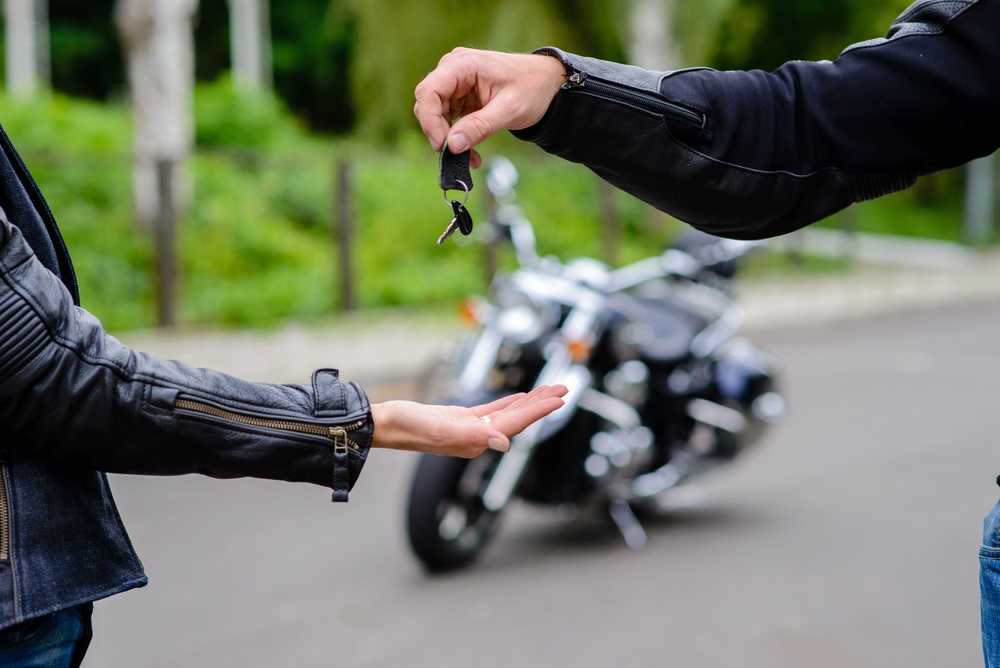
Scammers may list motorcycles that don’t exist, luring buyers with low prices. They request deposits or full payment upfront and then disappear. Always inspect the motorcycle in person or use a trusted third party to verify its existence before making any payment.
VIN Cloning
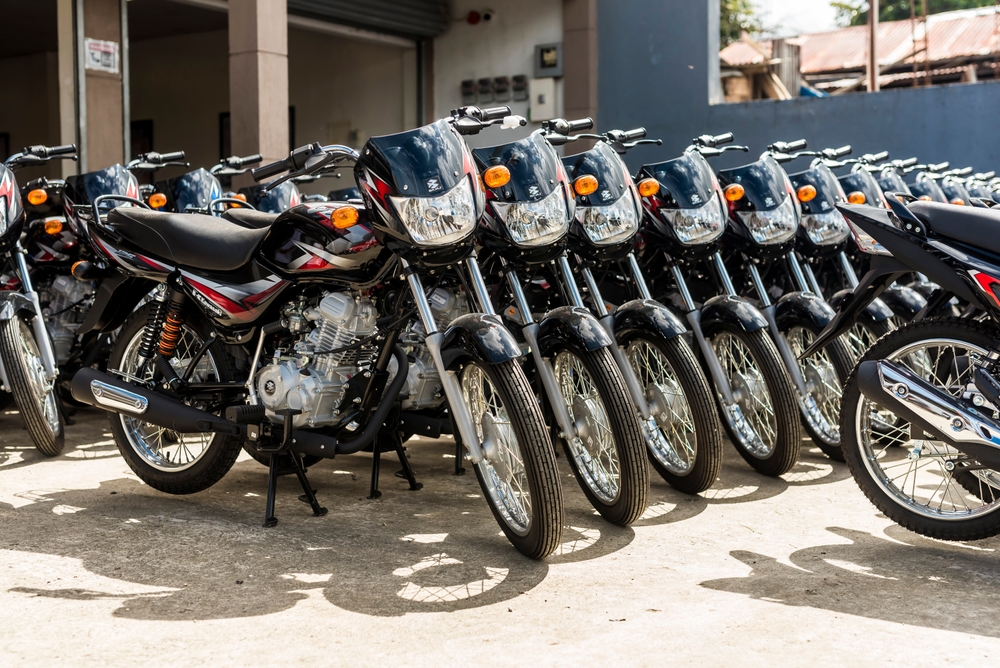
VIN cloning involves taking a legitimate VIN from another motorcycle and placing it on a stolen or salvaged bike. This scam makes it difficult to trace the bike’s true history. Verify the VIN on the bike with multiple sources and inspect the physical condition for signs of tampering.
Curbstoning

Curbstoning is when dealers pose as private sellers to offload vehicles without proper dealer licensing or warranties. These sales can bypass consumer protection laws. Always check the seller’s credentials and avoid deals that seem too informal or suspicious.
Undisclosed Salvage Titles

A salvage title indicates that the motorcycle has been deemed a total loss by an insurance company due to damage. Sellers may try to hide this information. Always request a full vehicle history report and inspect the title for any branding.
Bait and Switch
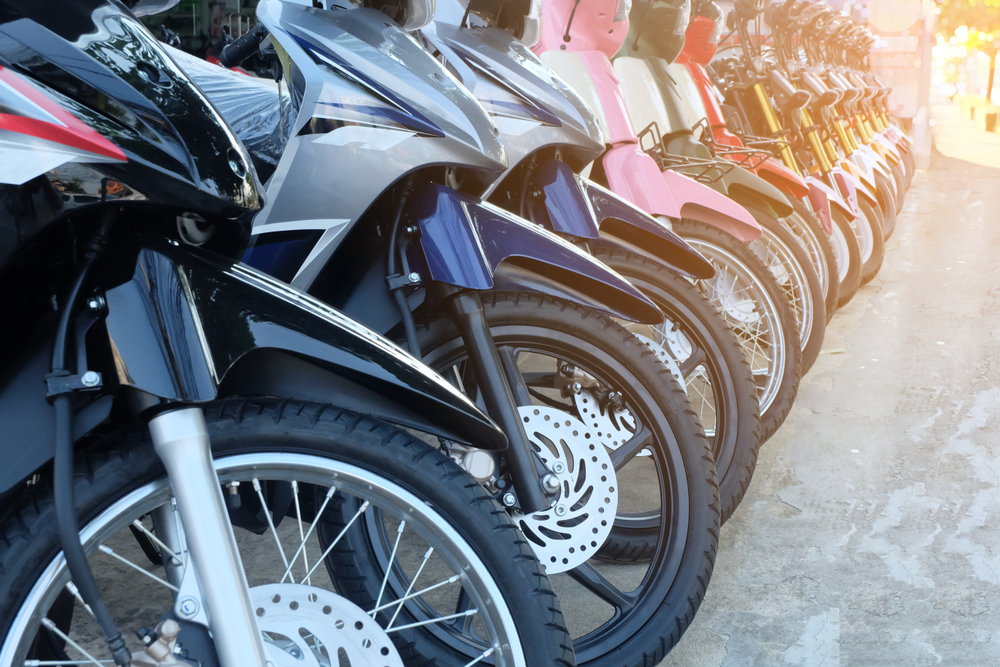
In a bait and switch scam, a seller advertises a specific motorcycle at an attractive price, but upon inquiry, claims it’s sold and tries to sell a different, often inferior or more expensive, bike. Ensure that the bike you’re shown matches the advertised description and condition.
Flood-Damaged Bikes

Flood-damaged motorcycles can have extensive hidden damage that affects their safety and reliability. Scammers may clean and sell these bikes without disclosing the flood history. Look for signs of water damage and verify the bike’s history through reliable sources.
Clocking (Rolling Back Mileage)
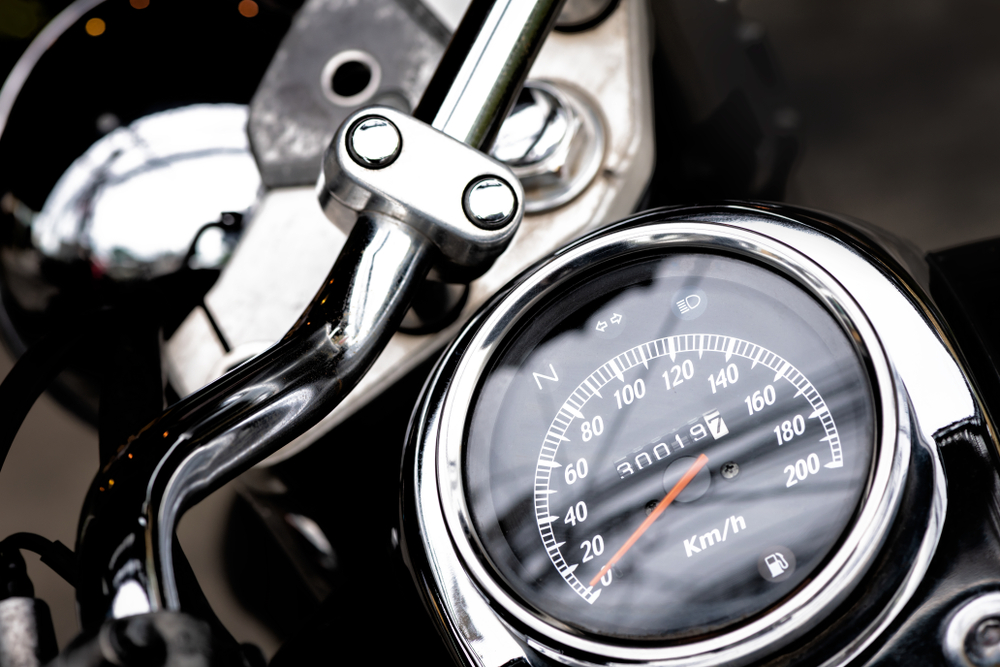
Clocking involves rolling back the odometer to display a lower mileage than the bike has actually traveled. This scam misleads buyers about the bike’s condition and value. Check for inconsistencies in the bike’s maintenance records and physical wear.
Lemon Laundering

Lemon laundering is the process of selling a motorcycle that has been repeatedly repaired for the same issue, often after being bought back by the manufacturer. Verify the bike’s history and look for any patterns of repeated repairs that might indicate a lemon.
False Advertising

False advertising includes misleading descriptions, doctored photos, or lies about the bike’s condition and features. Always verify the details provided in the listing through a thorough inspection and request additional photos or videos if necessary.
This article originally appeared in MyCarMakesNoise.
More from MyCarMakesNoise
20 Old-School Vans That Have Lost Their Appeal

There’s something undeniably nostalgic about old-school vans, but not all of them have stood the test of time. Once beloved for their quirky designs and practical uses, many of these classic vehicles have now faded into the background, losing the appeal they once had. Read More.
15 Best-Looking Bicycles Designed for High Performance
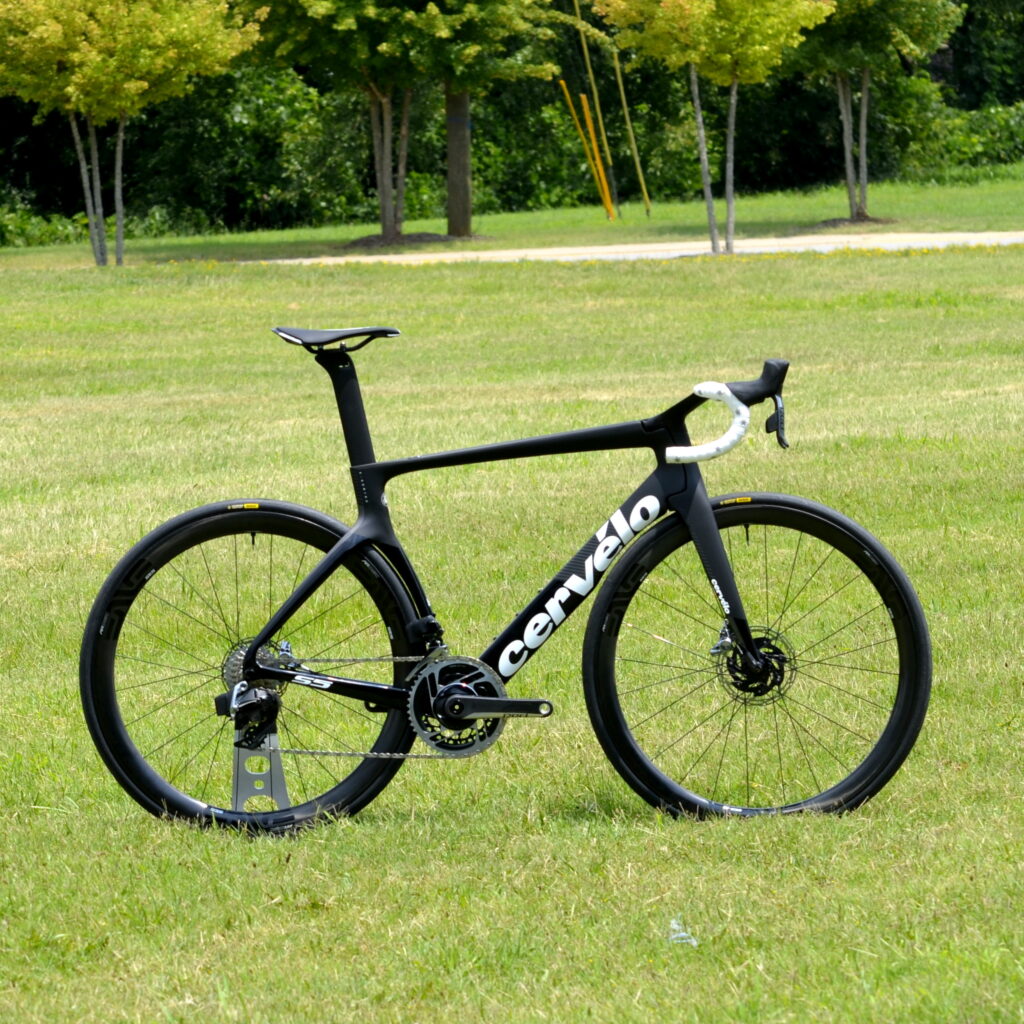
When it comes to bicycles, performance is key, but there’s no reason why speed and style can’t go hand in hand. In this list, we’ve gathered 15 of the best-looking bicycles that don’t just ride fast—they also make a statement. Read More.
25 V6 Cars That Shocked Everyone with Their Incredible Speed

When it comes to performance, V6 engines often get overlooked in favor of their more powerful V8 counterparts. However, some V6 cars have defied expectations, delivering impressive speed and agility that leave drivers and enthusiasts in awe. Read More.

